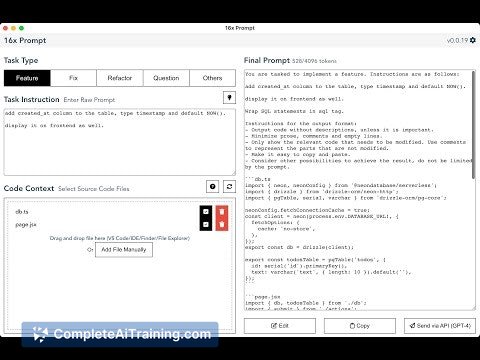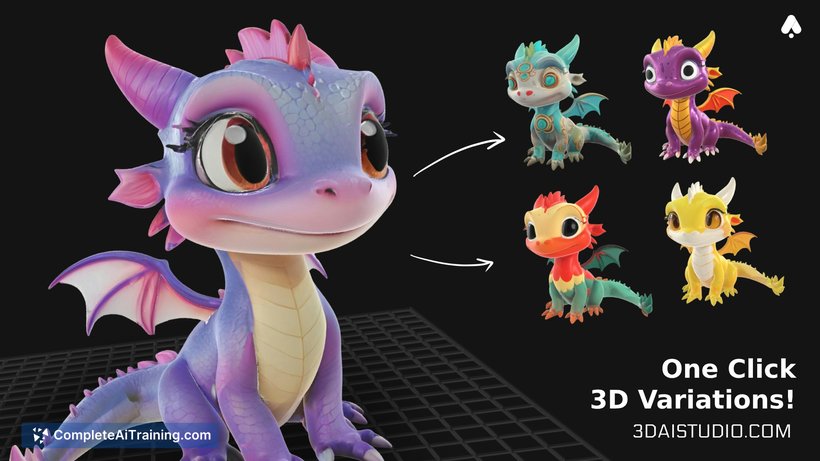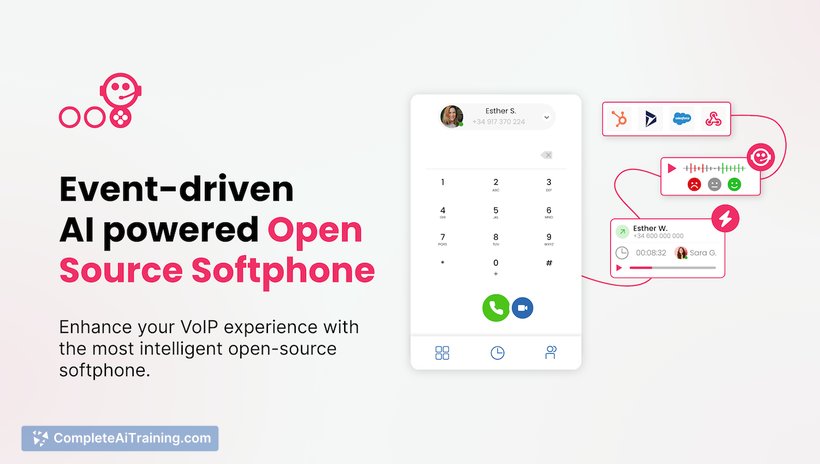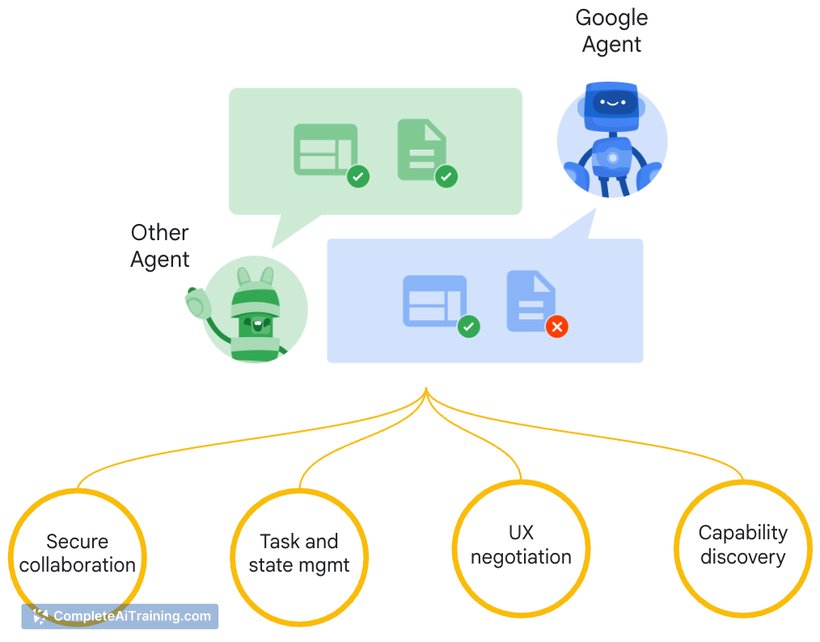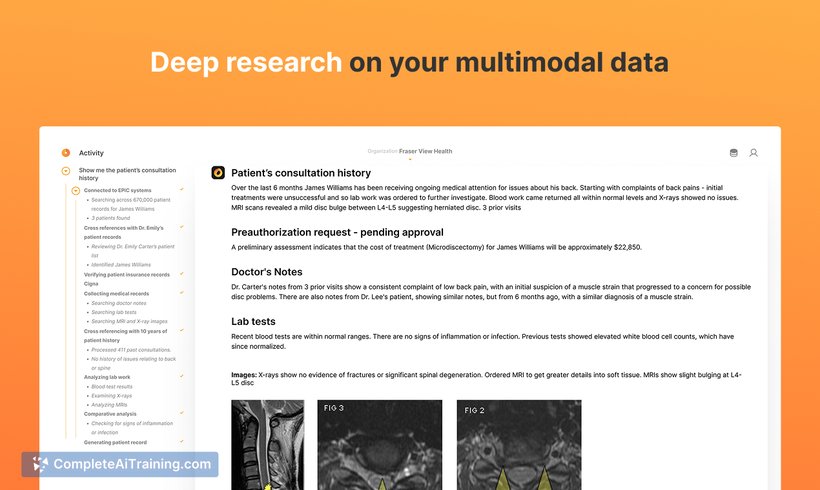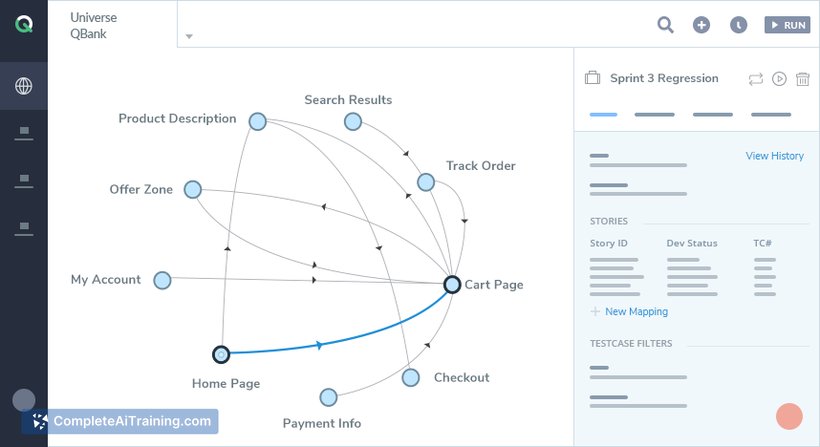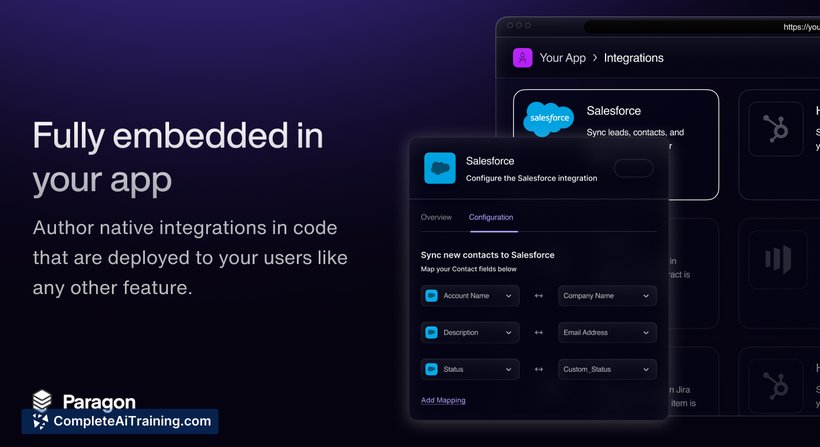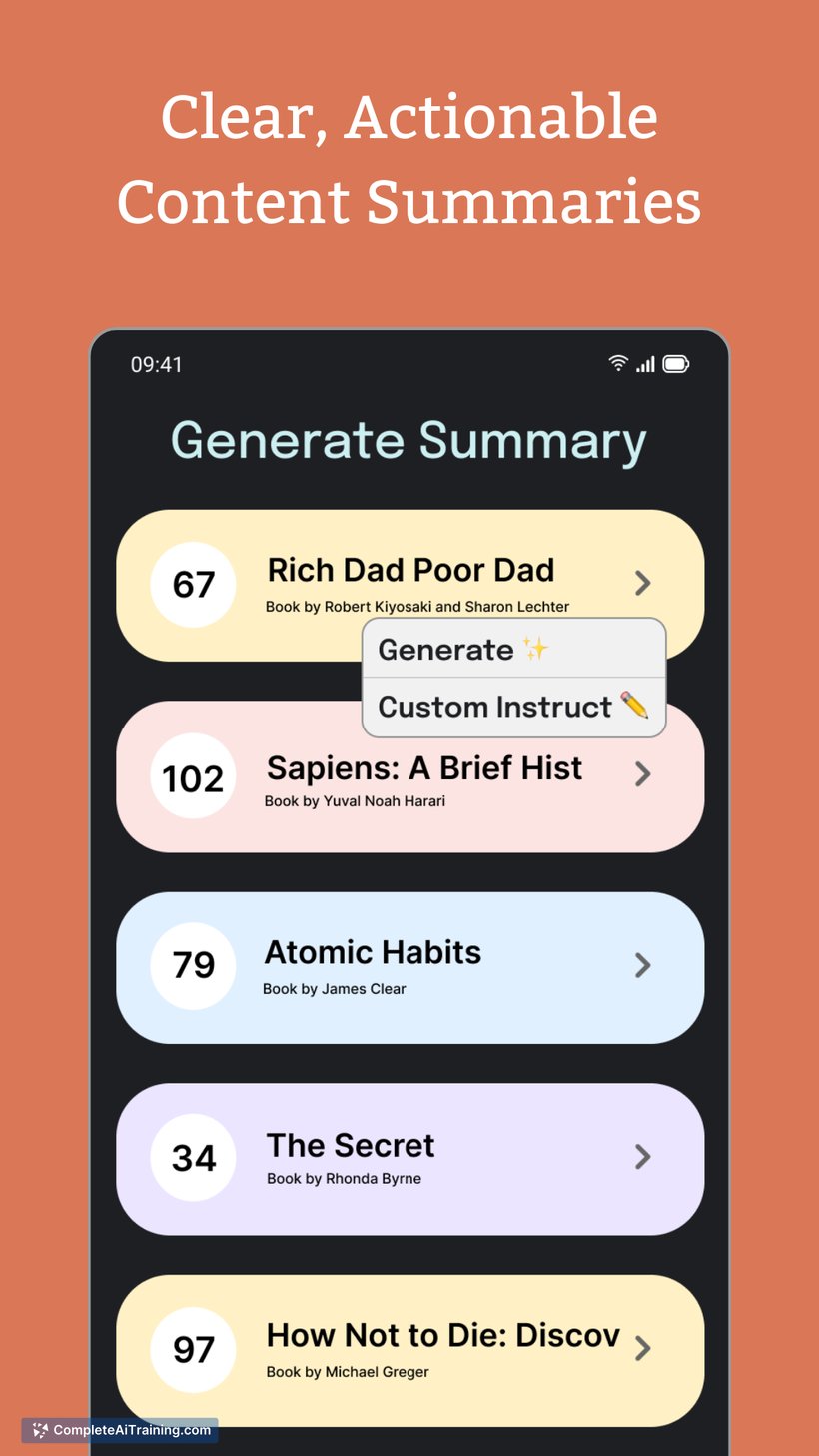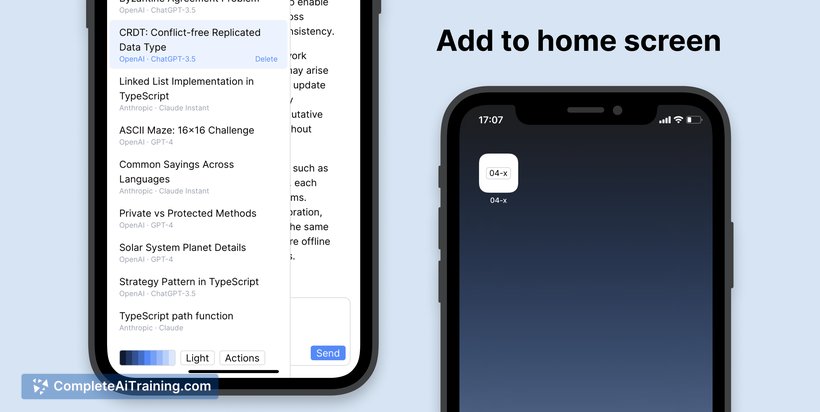About cognee
cognee is an open-source semantic memory layer designed to enhance AI agents by providing structured, context-aware memory through knowledge graphs. It integrates seamlessly with existing vector and graph databases, enabling AI applications to deliver more accurate and meaningful responses.
Review
cognee offers a unique approach to AI memory by combining vector search with semantic knowledge graphs, allowing AI agents to understand relationships between concepts rather than merely retrieving isolated data snippets. This results in more reliable and contextually relevant interactions, addressing common issues like vague or incorrect AI responses. Its open-source nature and ease of integration make it a compelling choice for developers looking to boost the intelligence of their AI systems.
Key Features
- Semantic knowledge graph construction from retrieved data to capture relationships and context.
- Stateful memory that accumulates knowledge over time and across sessions for persistent AI understanding.
- Compatibility with popular vector databases (e.g., Weaviate, Qdrant, LanceDB) and graph databases (e.g., Neo4j, kuzu).
- Easy integration with AI frameworks like LangChain and LlamaIndex for data ingestion and processing.
- Open-source SDK enabling developers to implement cognee’s memory layer in as few as five lines of code.
Pricing and Value
cognee is offered as a free, open-source tool, which significantly lowers the barrier to entry for developers and organizations interested in enhancing AI memory capabilities without incurring licensing costs. Its value lies in providing a specialized memory layer that can be integrated into existing AI stacks, improving context awareness and reducing hallucinations in AI responses. This makes it a cost-effective solution for teams aiming to build smarter AI applications with minimal overhead.
Pros
- Open-source and free, fostering community collaboration and transparency.
- Highly efficient implementation requiring only a few lines of code to deploy.
- Combines vector search with semantic knowledge graphs for richer AI understanding.
- Supports persistent, stateful memory across sessions, enhancing continuity.
- Flexible integration with existing databases and AI frameworks without replacing current infrastructure.
Cons
- As a specialized memory layer, it requires some technical expertise to integrate effectively.
- Limited out-of-the-box UI or standalone platform features, focusing mainly on developer use.
- Performance and accuracy may depend on the quality and structure of the underlying data and integration setup.
Overall, cognee is ideal for developers and organizations looking to build AI agents that require deep contextual understanding and memory persistence. It is particularly well-suited for use cases such as intelligent chatbots, financial research assistants, and internal knowledge search systems where accurate recall and reasoning over complex relationships are critical.
Open 'cognee' Website
Your membership also unlocks:




